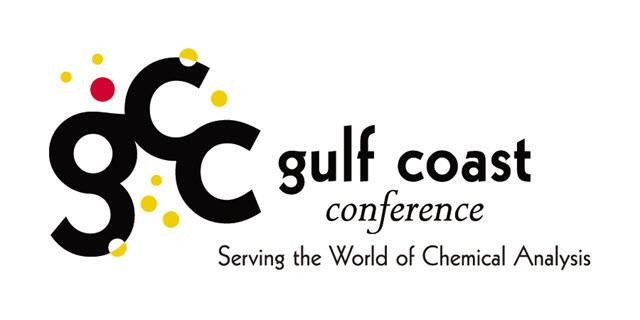2019 Gulf Coast Conference Keynote Speakers
The GCC has brought innovation and excellence to the analytical world over the last 50+ years

Ralph Waldo Emerson said, “Do not go where the path may lead, go instead where there is no path and leave a trail.”
For the refining and petrochemical industries, the annual Gulf Coast Conference (GCC) hosted in Galveston, TX has blazed a trail in the last 50+ years. Even through adversity, such as the 9/11 tragedy, hurricanes, and ice storms, GCC has brought innovation and excellence to the analytical world. Gathering international scientists, the technical program is laser-focused on what brings value to analytical scientists.
Dating back to the 1950s when a group of analytical experts met to discuss better ways to advance the science of chemical analysis, GCC has fostered the teaching and learning of analytical investigation.
Renowned presenters have spoken at GCC since its formation. Jaap de Zeeuw, a pioneer, innovator, and expert in chromatography, received GCC Presenter of the Year award in 1998. He has presented his ground-breaking research on Porous Layer Open Tubular (PLOT) columns, written articles for the conference and offered training seminars. Over the years, technology has been introduced at GCC that has now become second nature in the laboratory. Bill Winniford and Kefu Sun of Dow Chemical Company earned Presenters of the Year in 2003 by sponsoring a series of seminars on Two-Dimensional Gas Chromatography starting in 2002.
Few topics tend to hit the nerve of the analytical scientist quite like sulfur does. Sulfur has always been important for the refining world. A poison and pollutant, sulfur detection has been challenging over the years. Whether chromatographic or total analysis, GCC has introduced technical presentations that highlighted the benefits, difficulties, and challenges with sulfur analysis. Speakers from vendors to industry leaders showcased their work, not always in the most congenial way, but in an interesting format. Dubbed the Sulfur Wars for several years, innovation and education underscored the need for open and honest discussions.
Bringing laboratory technicians, chemists, engineers, plant managers, and young and more senior individuals alike, GCC has a proven track record for innovation, education, and forward-thinking. GCC in 2018 showcased talks on spectroscopy, gas, oil, and petroleum applications, sample preparation, chromatography, QA/QC, LIMS, and many other technical-centric applications that benefit the analytical field, generating advances that have revolutionized the refining and petrochemical industries. The conference offers a wealth of career enriching opportunities, from job board to technical presentations, from networking with colleagues to enhanced training courses.
In 2019, GCC will have two keynote speakers. On Tuesday, October 15, 2019, Dr. John H. Lienhard, author and voice of The Engines of Our Ingenuity, as well as Professor Emeritus of Mechanical Engineering and History at the University of Houston will share his Reflection on the Origin of Ideas. Dr. Lienhard quips, “Invention is a matter of catching the fleeting idea as it whips past you, and other people miss it.” Dr. Lienhard is an engineer, an educator and a communicator and brings excitement to this forum.
The following day, Dr. Milton Lee, renowned for his innovations in capillary separation techniques and mass spectrometry detection will open the chromatography sessions. Dr. Lee is author to almost 600 publications, holds 22 patents, and has received a multitude of awards during his illustrious career. He will share advancements in portable chromatography.
GCC invites scientists to share their research, development, and innovation in a forum of like-minded professionals. Thought leaders are encouraged to submit an abstract by August 31, 2019. In its 115th meeting, the conference continues to transform the analytical world.
